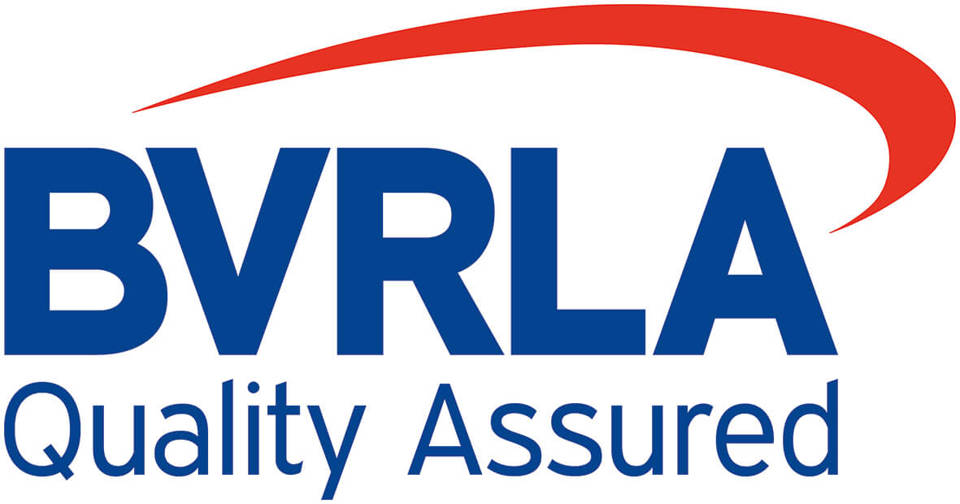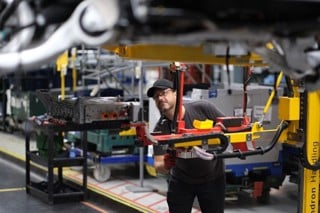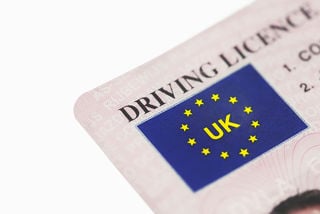The BVRLA expects new fleet car registrations to continue to recover this year with residual values remaining strong.
Its full predictions for 2013 are:
Leasing industry
The fleet sector will continue to be the mainstay of the new car market and a reliable source of business for manufacturers who will struggle to cope with what is likely to be a volatile retail market.
New fleet car registrations will continue their recovery from the slumps of 2009/10, with slow, but steady growth. This will continue to be driven by greater penetration into the SME market and the continued popularity of salary sacrifice schemes with larger corporate customers.
The slump in van registrations towards the second half of 2012 took many people by surprise, especially as it was offset by a strong rise in truck registrations (which nonetheless remain well down on pre-Credit Crunch levels).
The BVRLA expects steady growth in both sectors next year, with truck sales in particular driven by operators choosing to replenish their fleets ahead of the introduction of new EURO VI emissions standards.
New business car tax thresholds will continue to have their desired effect, pushing average fleet emissions down, probably by another 3 or 4%. Fleets will review their policies and move emissions caps to 130g/km giving an advantage to those manufacturers who have been able to produce a significant range of models below that level.
Electric Vehicle (EV) sales
The potential surge in EV registrations the BVRLA pointed to last year didn't happen. However, prices are still too high and the catastrophic own goal scored by the Government, whose March 2012 Budget will result in fleets actually being incentivised not to lease EVs from this April, did the damage.
The UK is not alone in failing to jump-start this market - EV sales are struggling worldwide. Where they are doing well - Norway for example - it is because the Government has unveiled a group of incentives that support the use of these vehicles as well as just their up-front purchase.
Prices of EVs will continue to come down, but in isolation this will not be enough to create significant momentum in this market.
Funding
The industry enters 2013 with healthy supply of funding and funders, with a range of new entrants firmly entrenched in the market and lending.
Another massive bonus is the decision of the industry's largest funder, Lloyds Banking Group, to renew its commitment.
Industry consolidation
This is a perennial topic, but apart from the recent deal between Avis and Zipcar, there is not much sign of this at the moment.
The BVRLA reported an increase in members during 2012 (read more here) and expects continued growth in the short term at least.
Much of this growth is coming from ‘captives', because manufacturers, who have traditionally remained in the background as suppliers of finance, are becoming directly involved in the sector, either as leasing providers or suppliers of ‘pay-as-you-go' mobility solutions.
In an era when demand for the traditional company car is static at best, these new entrants are helping to enlarge the overall vehicle rental and leasing market.
Telematics
For many years sold as a way of obtaining greater cost controls within fleets, telematics is becoming cheaper and companies are increasingly using it as a tool to help them meet their duty of care responsibilities. This can only be good news and should hopefully feed through in the form of reduced insurance costs.
Residual Values
These will remain strong. No one currently knows what a normal used car or van market looks like and seasonal trends have almost disappeared.
All we can be sure of is that the UK is facing an almost unprecedented supply shortage of quality young used vehicles.
With the economy hopefully entering a more sustained growth phase, this shortage will continue to support stronger residual values.
Roads
Government strategy is always difficult to predict, particularly with such a revolving door at the Department for Transport.
But one thing that seems depressingly clear is that the Government will continue to place greater priority on a White Elephant high-speed train line than creating a sustainable, long-term plan for funding the high-quality road network that this country so desperately needs.





















Login to comment
Comments
No comments have been made yet.